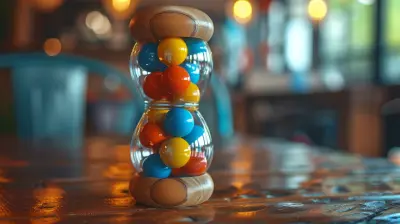Exploring the Cultural Impact of Popular Game Remakes
29 September 2025
Let’s be real — remakes are everywhere. Whether it’s Hollywood churning out recycled blockbusters or the gaming world reviving classics, nostalgia is clearly cashing in. But when it comes to video games, remakes aren’t just a ploy to make a quick buck — they’re reshaping culture, blazing trails, and in some cases, rewriting history. So, buckle up — we’re diving into the cultural impact of popular game remakes like it’s the final boss fight.
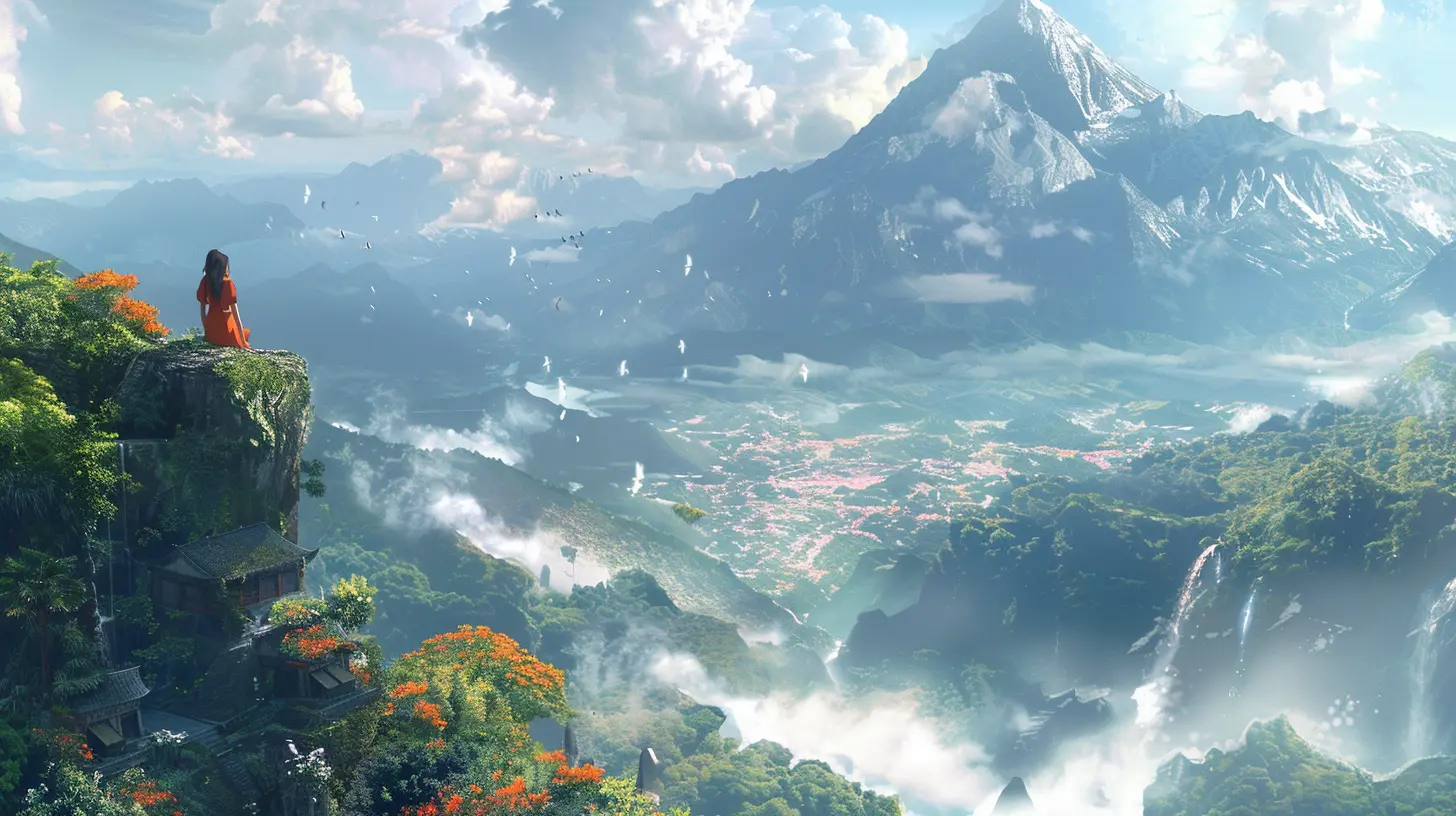
What’s the Deal with Video Game Remakes Anyway?
You know that feeling when you boot up a game you loved as a kid, and suddenly you’re hit with all the feels? That’s the spark of a good remake. But they go way beyond pretty graphics. Game remakes breathe new life into iconic stories, introduce legendary gameplay to a new generation, and reignite communities that may have long gone silent.A remake isn’t just a facelift. It’s like digging up a time capsule, polishing it, and showcasing its value to both veterans and newcomers. And honestly? That kind of cultural blending — past meets present — is where the magic lies.
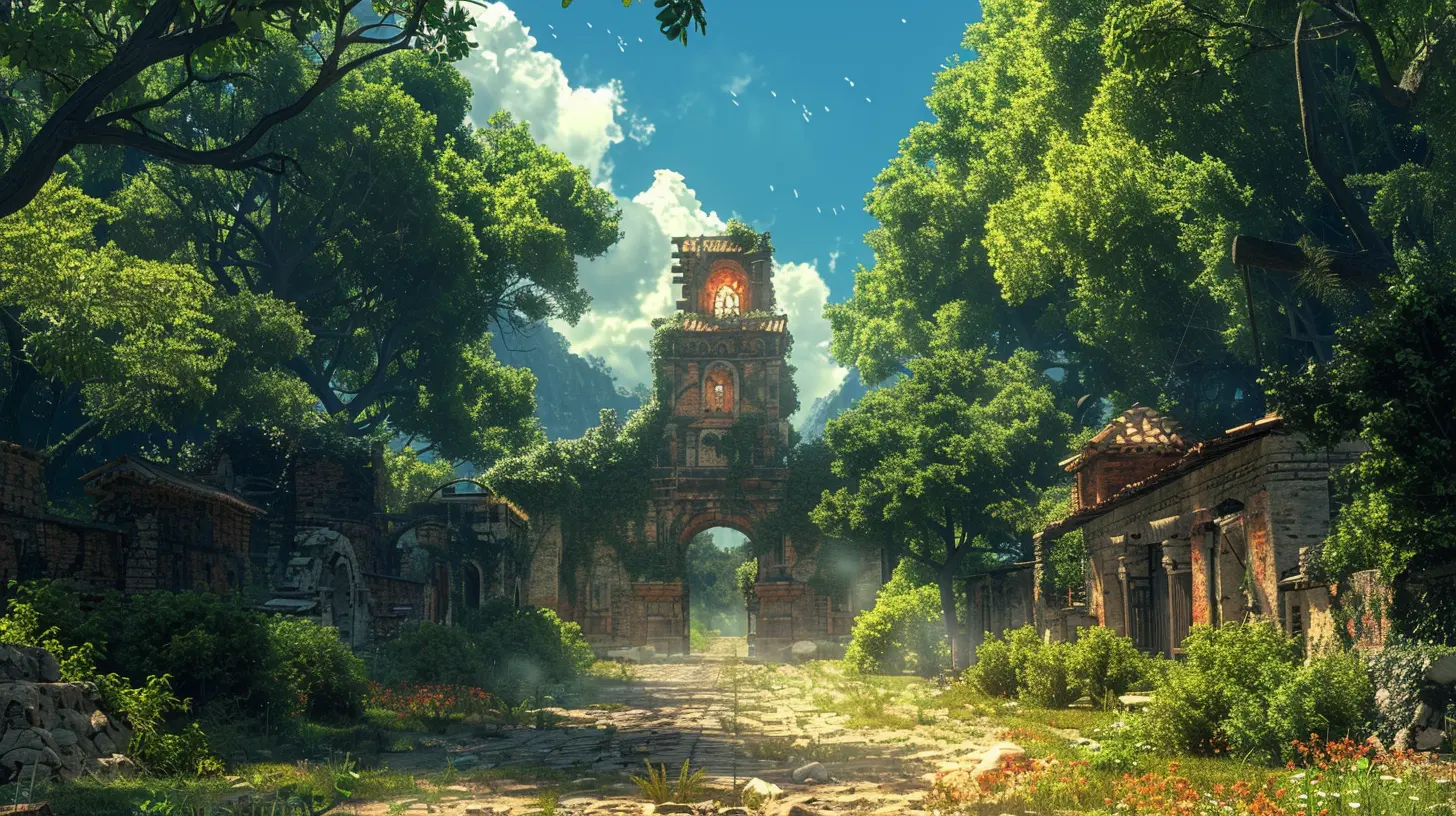
Nostalgia Is the New King
Let’s not sugarcoat it — nostalgia sells. Big time. There’s a whole emotional market tapped into by studios like Capcom with the Resident Evil series or Square Enix with Final Fantasy VII Remake. And why does it work so well? Because people crave comfort. They want something familiar but with a modern twist, like an old hoodie that suddenly fits like new again.For millennials and Gen Z gamers, remakes are more than just memories. They’re a bridge — linking the pixelated past with today’s high-res, 4K standards. And that connection runs deep. It sparks conversations, fuels content on Twitch and YouTube, and becomes part of internet culture itself.
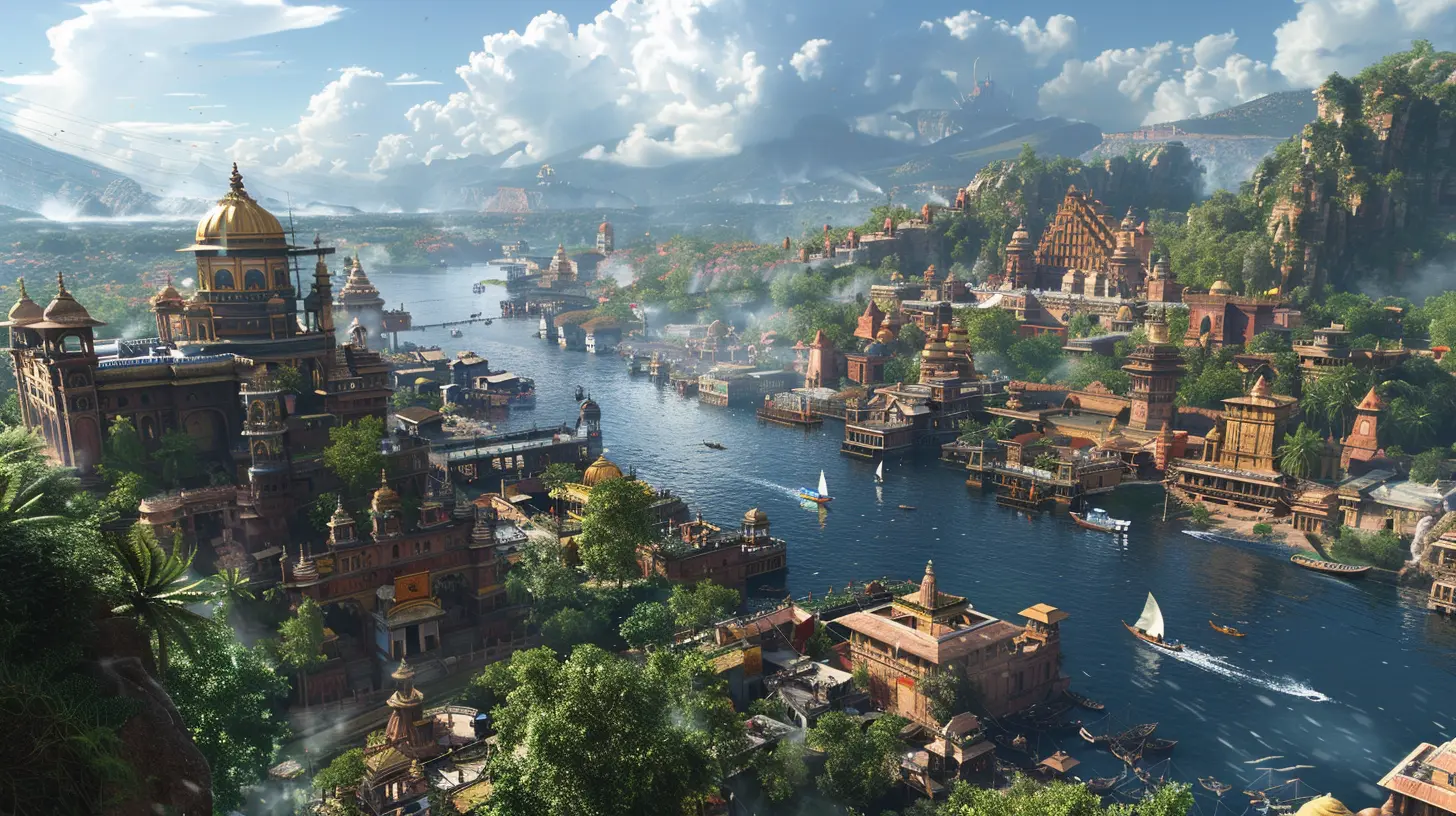
Let’s Talk Legacy: Why Some Games Deserve a Second Shot
Some games are just too iconic to be left in the past. They’ve had a monumental impact on the industry, storytelling, mechanics, or even multiplayer culture. Remakes give these franchises fresh legs, a second life, and often, a do-over.Take Final Fantasy VII Remake for example — it flipped the script, literally. What was once a turn-based RPG turned into an action-packed spectacle with deeper character development and an emotional punch stronger than Tifa’s uppercut. And trust me, fans didn’t just applaud — they exploded. The game didn’t just honor the original — it reshaped the entire conversation around what a remake should be.
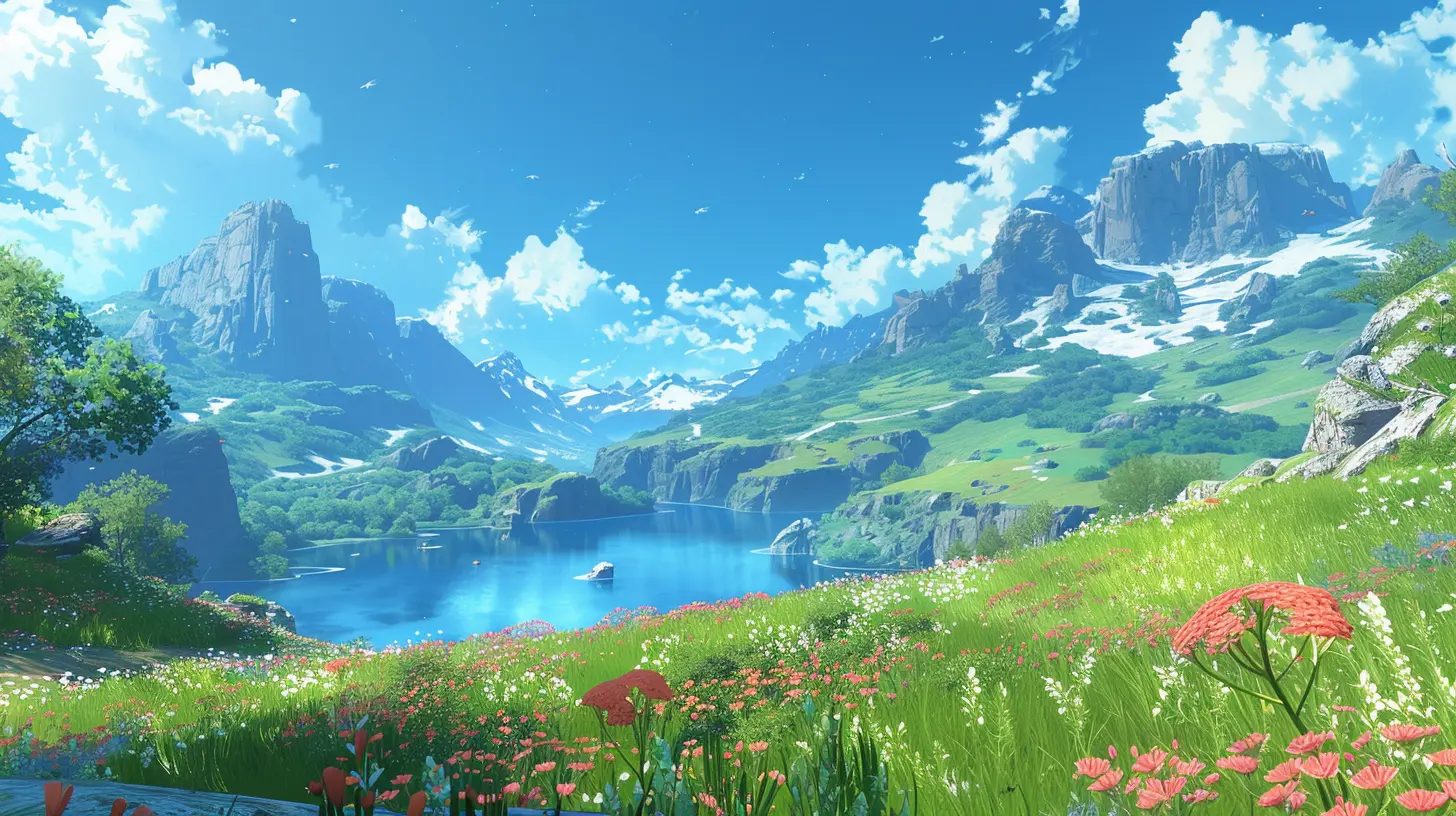
The Revival of Gaming Communities
Here's the thing — when a beloved game gets remade, the fanbase doesn’t just return — it comes back swinging. Message boards light up. Subreddits get a second wind. Modders dive back in like they never left. A remake doesn’t just restore a game, it revives a subculture.Remember the buzz around Resident Evil 2 Remake? That wasn’t just hype — that was a full-blown fanquake. Suddenly, speedrunning communities thrived again, horror fans got their dose of dread, and casual players got a taste of a survival horror masterclass. That’s cultural impact right there.
When Remakes Rewrite More Than Code
Here’s a major plot twist: some remakes don’t just retell the story — they change it. And that stirs the pot, big time. Some fans love it. Others? Not so much. But you know what? That tension means people care.The Legend of Zelda: Link’s Awakening didn’t alter the story too much, but it gave the game a toy-like aesthetic that was either adorable or jarring depending on who you ask. That visual reimagining sparked debates — and that’s the beauty of it. Remakes give us a reason to talk about art, style, and how gaming evolves over decades.
Not All Remakes Are Loved Equally
Let’s be honest — not every remake sticks the landing. For every masterpiece, there's a misfire. Think of Warcraft III: Reforged. The visuals were flashy, but underneath was a game that disappointed fans with missing features and broken promises.When a remake fails, it doesn’t just affect sales — it risks tarnishing the legacy of the original. That’s a heavy weight for any studio to carry. But here’s the kicker: even the backlash is a cultural moment. Memes spawn, forums rage, and the gaming community rallies — because passion, whether good or bad, is still a sign that people care deeply.
Remakes and Representation: A Wider Lens
Gaming has come a long way in terms of diversity and representation. Remakes offer a golden opportunity to right past wrongs — whether that's making characters more inclusive or correcting outdated stereotypes. It’s like getting a second draft and finally cracking the character development.Take Mass Effect: Legendary Edition. Not exactly a remake, but a heavy remaster that reworked camera angles in certain scenes that were criticized for objectifying female characters. It’s a small shift, but it speaks volumes in today’s cultural climate.
Remakes aren’t just about better graphics — they're about better storytelling, more mindful world-building, and ensuring that all players see themselves represented.
The Influence on Future Game Development
Here’s a hot take: remakes set the bar for new games.When developers see how much praise a remake gets for its mechanics, storytelling, or atmosphere, that influence trickles into original titles. It’s the butterfly effect of the gaming world. A perfectly-executed dodge mechanic in a remake might inspire new combat systems in indie games. That’s the silent power of cultural dominoes falling.
And for developers? Remakes are basically a masterclass. They dissect what worked in the past and rebuild it with today's tech and tactics. That feedback loop of innovation is shaping the future of gaming.
Speedrunners, Modders, and Streamers — Remakes Supercharge the Scene
Ever watched a speedrunner break a game in record time? Remakes open up fresh playgrounds for these digital daredevils. New glitches to exploit, new routes to find, and let's face it — newer audiences to impress.And modders? Give ‘em a polished game engine and they’ll go to town. Mods for remakes extend shelf life like nothing else — basically turning good games into cultural landmarks through community passion projects.
Then there’s streaming. A hotly-anticipated remake drops, and BOOM — Twitch is flooded. Old-school fans tune in for the nostalgia. Newbies show up for the hype. The cycle feeds itself, and a 20-year-old game suddenly becomes the talk of the town again.
The Business of Remakes: Not Just Fan Service
Let’s cut through the noise — there’s money to be made here.Remakes are safe bets for studios. Built-in audiences, brand recognition, and a sea of content already written — it’s a win-win. But the business side isn’t just about cashing in — it’s about extending IP lifespan, tapping into multiple console generations, and building legacy value.
When done right, a remake creates a legacy loop that introduces newcomers, satisfies loyalists, and keeps the IP relevant. And with the rise of digital distribution? That loop doesn’t end anytime soon.
Remakes in the Broader Pop Culture Landscape
When a remake hits hard, it doesn't just stay in the gaming world. It leaks out — into memes, music, fashion, and even film and television. Look at how Final Fantasy VII Remake sent shockwaves through cosplay communities. Or how Resident Evil 2’s remake got people rewatching the old movies and fan animations.Gaming no longer lives in a vacuum. It’s mainstream media now. And killer remakes are cultural grenades — they explode out, creating echoes across pop culture.
So, Are Remakes Just a Trend?
Nope. This isn’t just a phase, it’s a movement. Remakes are a testament to how far games have come — and how much we still love where they started.Sure, some folks grumble that the industry is out of ideas. But maybe — just maybe — remakes are proof that the original ideas were so good, they deserve to be reborn. Plus, the mix of old and new keeps gaming’s cultural identity alive and thriving.
Whether you’re a pixel-preacher from the SNES era or someone who just discovered gaming with the PS5 — remakes are the cultural glue binding generations of gamers together.
Final Thoughts
Popular game remakes aren’t just about playing the hits. They’re about redefining what those hits mean, both personally and culturally. From reuniting fragmented communities to pushing the industry forward, these remakes are power moves — bold, nostalgic, and totally impactful.So next time someone tells you a remake is just a recycled idea, hit pause and ask them this: “If remakes are so pointless, why do they keep changing the game?
all images in this post were generated using AI tools
Category:
Game RemakesAuthor:

Whitman Adams
Discussion
rate this article
1 comments
Ursula Monroe
Remakes revive nostalgia while bringing fresh perspectives.
October 2, 2025 at 3:55 AM

Whitman Adams
Thank you! Absolutely, remakes not only evoke nostalgia but also recontextualize beloved stories for new audiences, enriching the cultural landscape.
